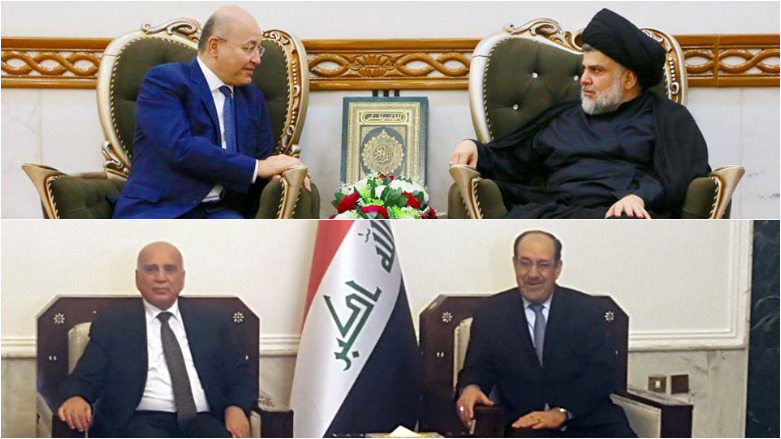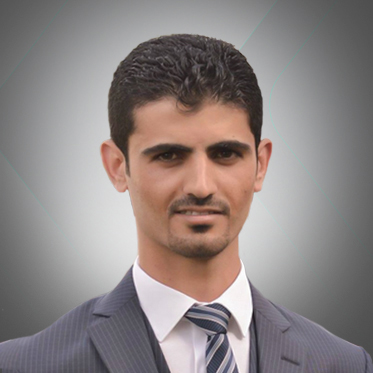Kurds set for united nominee for Iraqi presidency as candidates rally to gather support

ERBIL (Kurdistan 24) – The two main Kurdish candidates for the Iraqi presidency have held a series of separate meetings with Iraqi political parties in Baghdad to encourage support for their respective candidacies as the Kurdistan Region blocs try to find a united candidate.
Barham Salih, the Patriotic Union of Kurdistan’s (PUK) nominee for Iraqi president, and Fuad Hussein, the former Chief of Staff to the Kurdistan Region President, who the Kurdistan Democratic Party (KDP) has nominated, have been in Baghdad for the past few days to gather support from large Iraqi parliamentary blocs for their candidacy.
Salih, nominated by the PUK which has 18 seats, and Hussein, by the KDP with 25 seats, have met with several Iraqi leaders separately from both Sunni and Shia blocs in their bid to win the post.
Viyan Dakhil, a former KDP MP and member of the party’s delegation currently in Baghdad for talks with the Iraqi parties, said the Iraqi blocs had endorsed a KDP-led initiative where the Kurdish parties agree on a single candidate for the Iraqi president post.
“Kurds will not go to the parliament [on Oct. 2] with more than one candidate for the Iraqi presidency,” Dakhil told Kurdistan 24 on Wednesday. She added that during meetings with the Sunni and Shia blocs, the KDP underlined the need for one nominee.
Regarding the mechanism for a united candidate from the Kurdish blocs, Dakhil said parties from Kurdistan would have to vote for the nominees among themselves as they did in 2014.
“The person with the highest votes will become the sole candidate for the Iraqi president post,” she noted.
“The PUK has not yet agreed on the initiative, but Sunni and Shia blocs support it.”
According to Dakhil, if the Kurds do not agree on a sole candidate, other blocs will vote for the applicant with the strongest backing and influence in the Kurdistan Region.
Editing by Karzan Sulaivany

